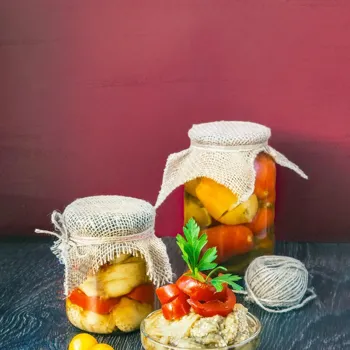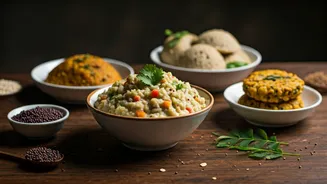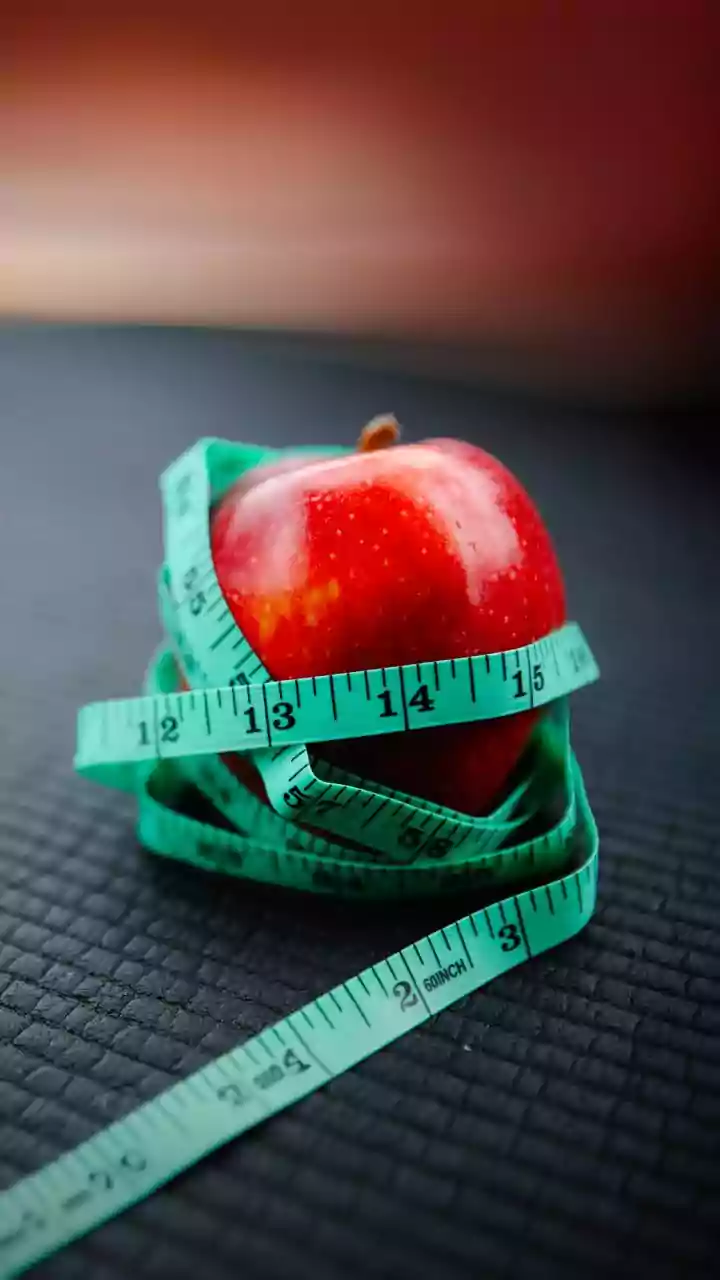Discover how to eat healthily without overspending! Learn 10 tips to keep you nourished and your wallet happy
Namaste, readers! In today's fast-paced world, maintaining a healthy diet can often feel like
a challenge, especially when trying to keep expenses in check. Many believe that nutritious food is inherently expensive, but that's not necessarily true!
With a little planning and some smart choices, you can enjoy delicious and wholesome meals without emptying your wallet. Let's explore ten practical tips to help you embark on a journey of healthy eating while staying within your budget.
Meal planning saves money, reduces waste, and promotes healthy eating habits
One of the cornerstones of affordable and healthy eating is meal planning. Spend some time each week to map out your meals. Check what ingredients you already have in your pantry and refrigerator to avoid buying duplicates.
Create a shopping list based on your planned meals and stick to it diligently while at the grocery store. Avoid impulse purchases, as these can quickly derail your budget. Planning your meals makes sure that no food is wasted, and you will be eating healthy, homemade meals with minimal wastage.
This will impact your expense and improve your health conditions.
Prioritize seasonal produce for freshness and savings
Prioritizing seasonal produce is another excellent way to save money and enjoy the freshest flavors. Fruits and vegetables that are in season are typically more abundant and, therefore, more affordable.
Visit your local farmers market for potentially better deals and to support local produce growers. Seasonal produce also boasts optimal nutritional value, as they are harvested at their peak ripeness.
This way every thing becomes very fresh and gives you great taste, which also boost your health and give you more nutrients and vitamins.
Pulses, grains, lentils: versatile, nutritious, budget-friendly staples for healthy meals
Embrace the power of pulses, grains, and lentils! These staple foods are incredibly versatile, nutritious, and budget-friendly. Lentils, chickpeas, and other pulses are packed with protein, fiber, and essential minerals.
They can be used in a wide range of dishes, from comforting dals to hearty salads. Similarly, grains like rice, oats, and whole wheat provide complex carbohydrates for sustained energy. Buying these items in bulk can further reduce the cost per serving.
They are naturally good for the body and provide lot of nutrients and vitamins.
Cook at home for healthier meals and savings
Cook at home more often! Eating out can quickly add up, both in terms of money and unhealthy ingredients. Preparing your own meals gives you complete control over the ingredients and portion sizes. Experiment with simple recipes and get the whole family involved in the cooking process.
Home-cooked meals are also a great way to reduce your intake of processed foods, which are often high in sodium, unhealthy fats, and added sugars. By cooking by yourself, you know which components and it is fresh and healthy for you.
Repurpose leftovers to reduce waste and save time
Don't underestimate the power of leftovers! Leftovers can be transformed into entirely new meals. Roast chicken one night and then use the leftover chicken in sandwiches. Cook extra rice and use it for egg fried rice the next day.

By creatively repurposing leftovers, you can reduce food waste and save time and money. Keep it in fridge to prevent spoilage of the food, this way you can enjoy foods over a period of time. Also ensures safety of the food and you can use it whenever you want to eat something new.
Compare prices, buy in bulk, use discounts for grocery savings
When shopping for groceries, compare prices between different brands and sizes. Often, buying larger quantities can be more economical in the long run, as long as you can use the products before they expire.
Look for store brands or generic options, which often offer comparable quality at a lower price. Take advantage of sales, discounts, and coupons to maximize your savings. Be aware of unit prices (price per weight or volume) to accurately compare the cost of different products.
Growing herbs and veggies enhances meals, offers freshness
Growing your own herbs is a simple and rewarding way to add flavor to your meals without spending a fortune. Herbs like basil, mint, coriander, and chili can be easily grown in pots on a windowsill or in a small garden. Fresh herbs add a burst of flavor to soups, salads, and countless other dishes.

If you have a garden, try growing some of your own vegetables, such as tomatoes, peppers, and spinach. It is a unique way to engage yourself into productive work and it makes you feel that you are eating fresh and home grown vegetables.
Choose healthy snacks like fruits, veggies, nuts, and yogurt to avoid overeating
Snacking smart is crucial for maintaining a healthy diet and preventing overeating at mealtimes. Instead of reaching for processed snacks like chips or cookies, opt for healthier and more affordable options. Fruits, vegetables with hummus, nuts, and yogurt are all excellent choices.
Prepare snacks in advance and keep them readily available to avoid impulse decisions when hunger strikes. This will prevent you from eating something unhealthy.
Frozen fruits and veggies are nutritious, cost-effective, and have a long shelf life
Stock up on frozen fruits and vegetables. Frozen produce is often just as nutritious as fresh produce, and it has a much longer shelf life.

Freezing preserves the nutrients and prevents spoilage, making it a cost-effective option, especially for items that are not in season or when you find great deals.
Frozen fruits can be used in smoothies, baked goods, and desserts, while frozen vegetables can be added to soups, stir-fries, and other dishes. And they remain fresh for very longer period of time.
Water is essential for health; choose it over sugary drinks
Drink plenty of water. Water is essential for overall health and can help you stay full between meals. Avoid sugary drinks like soda and juice, which are high in calories and low in nutrients. Make water your beverage of choice.

Keeping a water bottle on hand will remind you to drink throughout the day. Apart from having healthy foods, drinking enough water is also important and it is very easy and free, you should always drink water regularly.
Healthy eating on a budget is achievable with planning and smart shopping
In conclusion, healthy eating on a budget is entirely possible with careful planning, smart shopping, and a willingness to cook at home. By embracing these ten tips, you can nourish your body with delicious and nutritious meals without straining your finances.
Remember, small changes can make a big difference in your overall health and well-being. Happy and healthy cooking! By following these tips, you can enjoy a balanced and fulfilling diet that makes you feel good and doesn't break the bank, stay healthy and always eat healthy.
AI Generated Content. Glance/InMobi shall have no liability for the content













